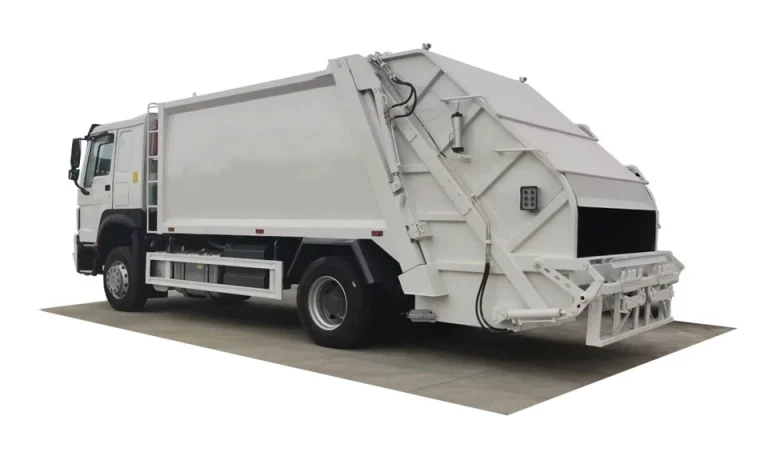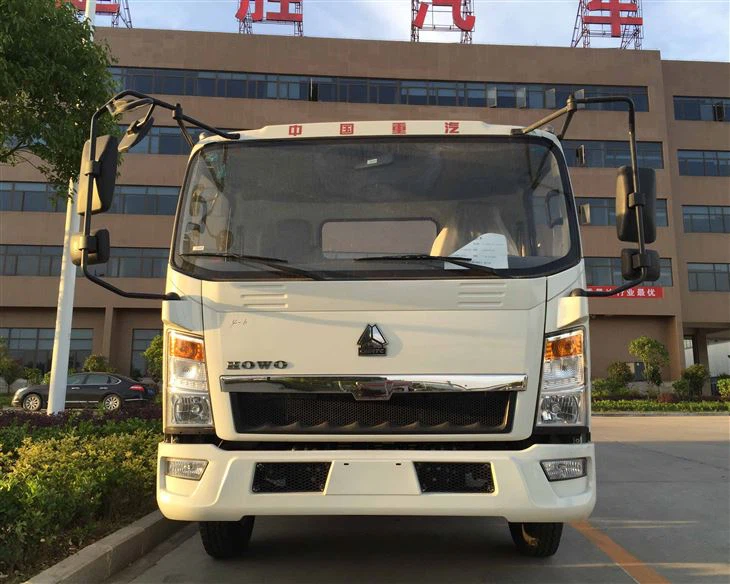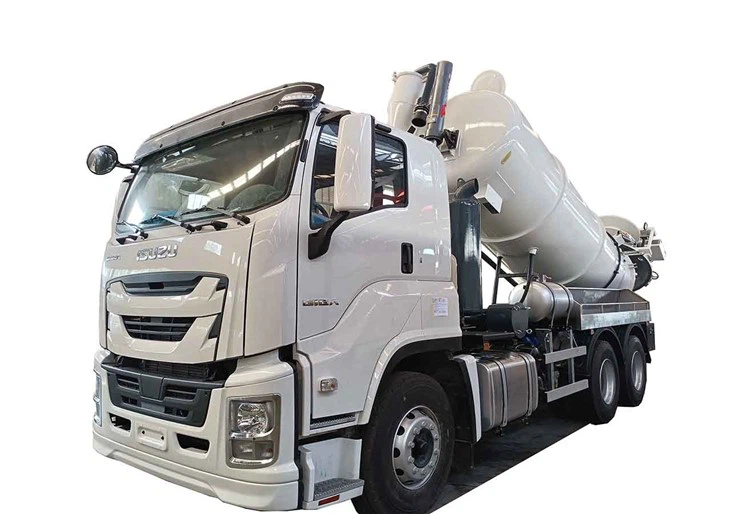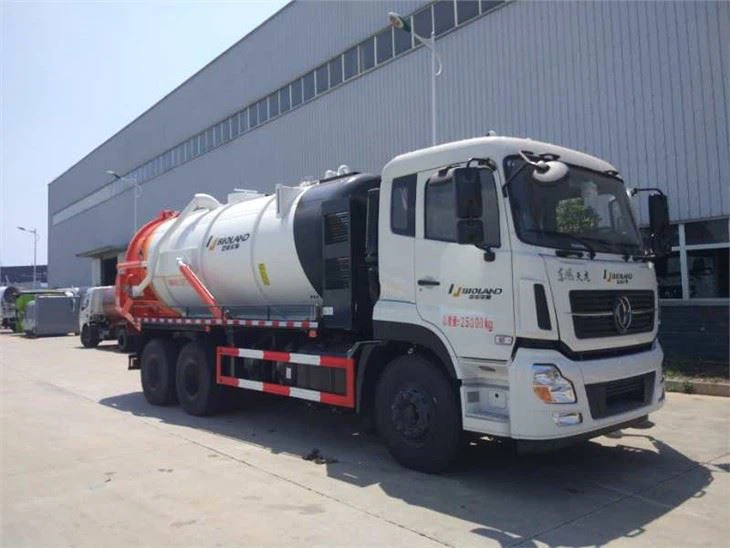Garbage truck pickup is an essential service that keeps our communities clean and healthy. In this comprehensive guide, we will explore everything related to garbage truck pickup, including the processes involved, the different types of trucks used, tips for residents to make the service efficient, and much more. By the end of this article, readers will have a thorough understanding of garbage truck pickup and how they can play a role in maintaining an organized waste management system.
Understanding the Basics of Garbage Truck Pickup
What is Garbage Truck Pickup?
Garbage truck pickup refers to the scheduled collection of waste materials from residential and commercial areas. Garbage trucks are specially designed vehicles that collect, transport, and dispose of garbage. This service is vital for public health, environmental protection, and aesthetic reasons in urban and rural communities.
Importance of Garbage Truck Pickup
The significance of garbage truck pickup cannot be overstated. Below are some key reasons why this service is crucial:
- Health and Sanitation: Regular collection prevents the accumulation of waste, which can lead to health hazards.
- Environmental Protection: Proper waste disposal minimizes the risk of pollution and conserves natural resources.
- Aesthetic Appeal: Clean neighborhoods enhance the overall look of a community and promote a sense of pride among residents.
Types of Garbage Trucks
Front-Loading Trucks
Front-loading trucks are typically used for commercial waste collection. They have hydraulic arms that lift and dump waste bins into the truck. Their design allows for efficient and quick pickups with minimal effort.
Rear-Loading Trucks
These trucks are designed with a large opening at the back, allowing workers to manually load garbage. They are commonly used for residential pickups and can be effective in narrow streets where larger trucks cannot maneuver.
Side-Loading Trucks
Side-loading trucks can be operated by a single driver, who uses hydraulic systems to load waste from the side. This design provides efficiency and enhances safety by allowing the driver to remain in the vehicle while collecting waste.
Comparison of Garbage Truck Types
| Type | Primary Use | Advantages |
|---|---|---|
| Front-Loading | Commercial | Efficient for large volumes, quick pickups |
| Rear-Loading | Residential | More maneuverable, effective in tight spaces |
| Side-Loading | Residential, Commercial | Can be operated by one person, enhances safety |
Waste Collection Schedule
How Pickup Schedules are Determined
Garbage collection schedules often vary based on geographic location, population density, and types of waste being collected. Municipalities typically develop these schedules to optimize routes and ensure timely service.
Types of Pickup Schedules
- Weekly Pickup: Common in residential areas, where curbside waste is collected once a week.
- Bi-weekly Pickup: Some areas may have less frequent collections to reduce costs.
- On-Demand Pickup: Available in some regions for bulk items or special occasions.
Best Practices for Residents
Preparing for Garbage Truck Pickup
Residents can help ensure that garbage collection is efficient by following these best practices:
- Place Containers Out Early: Put garbage out the night before your scheduled pickup.
- Use Proper Containers: Use bins with secure lids to prevent spillage and animal interference.
- Sort Waste Properly: Separate recyclables, compost, and trash to facilitate recycling efforts.
Common Mistakes to Avoid
To not hinder the garbage pickup process, avoid these common mistakes:
- Overloading bins which can prevent them from being collected.
- Leaving items on the ground next to bins, as these may not be picked up.
- Putting out non-collectable items like batteries and chemicals.
Challenges in Garbage Truck Pickup
Weather-Related Issues
Inclement weather can pose challenges for garbage collection, making roads impassable for trucks. In these scenarios, municipalities may adjust schedules, and residents should stay informed through local announcements.
Traffic and Road Conditions
Heavy traffic and road construction can delay garbage pickups. Municipalities often plan routes to avoid bottlenecks, but unexpected conditions can still disrupt schedules.
Public Participation and Compliance
Residents play a vital role in waste management. Public awareness campaigns and educational programs can encourage better participation in recycling and proper waste disposal habits.
Innovations in Garbage Collection
Smart Waste Management Technologies
Modern technology is transforming the way municipalities handle waste collection:
- GPS-Enabled Trucks: Help in real-time tracking and optimizing collection routes.
- Smart Sensors: In bins can notify the waste management service when they are full.
- Mobile Apps: Allow residents to track collection schedules and receive updates.
Automation and Robotics
Towns are experimenting with automated garbage trucks and robotic systems that improve efficiency and reduce labor costs. While not widespread yet, these innovations are on the horizon.
Environmental Impact of Garbage Truck Pickup
Reducing Carbon Footprint
Many municipalities are adopting eco-friendly practices to minimize the carbon footprint associated with waste collection:
- Using electric or hybrid trucks to lower emissions.
- Implementing composting programs to reduce landfill waste.
- Encouraging recycling initiatives to divert waste from landfills.
Community Recycling Projects
Community programs aimed at recycling and composting not only help reduce garbage but also promote a culture of sustainability. Communities can engage through workshops, events, and incentive programs to increase recycling rates.
Future of Garbage Truck Pickup
Trends Shaping the Industry
The garbage collection industry is evolving, with trends such as:
- Increased Automation: More automated systems are expected to emerge in the coming years.
- Focus on Sustainability: An ongoing push for more sustainable practices in waste management.
- Integration of Technology: Further reliance on technology for efficiency and effectiveness in service delivery.
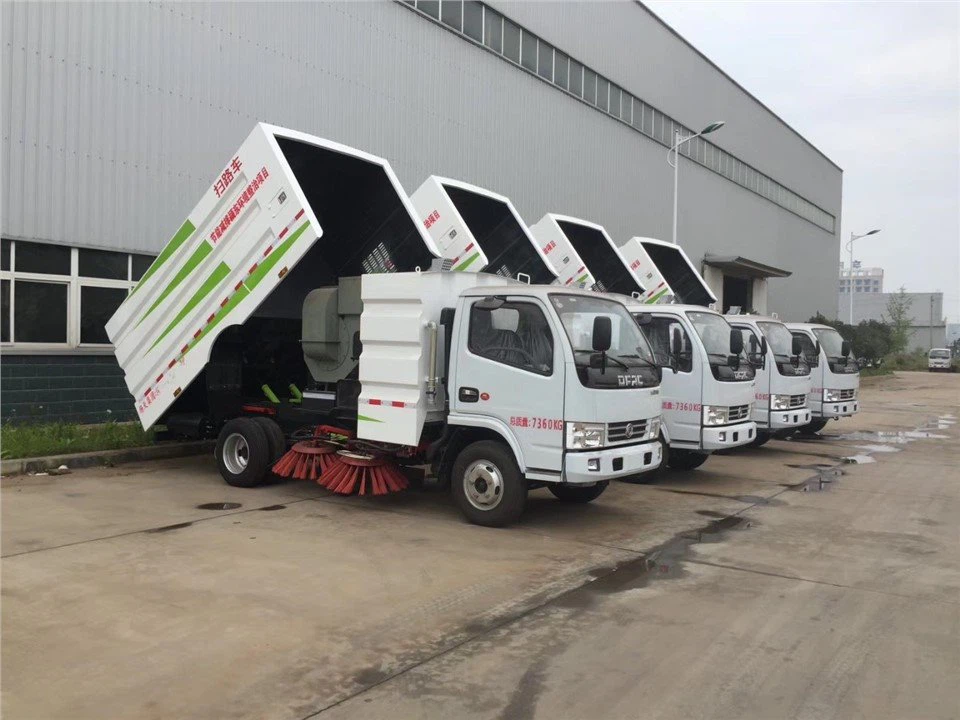
Community Involvement
As communities become more invested in their waste management practices, collective participation will drive improvements in how garbage truck pickup operates. Engaging residents through educational initiatives will ensure everyone understands their role in keeping the environment healthy.

Frequently Asked Questions (FAQs)
What items are typically collected during garbage truck pickup?
Most garbage trucks collect general household waste, including food scraps, non-recyclable plastics, and paper. Items that do not belong in regular garbage include hazardous materials, electronics, and yard debris unless specified.
How can I find out my local garbage pickup schedule?
You can usually find your garbage pickup schedule on your local municipality’s website or by contacting your waste management office directly.
What should I do if my garbage wasn’t picked up on schedule?
If your garbage wasn’t picked up, check for any announcements from your local waste management authority. Sometimes delays are due to weather or mechanical issues. If the problem persists, contact your local service provider.
Are there any fees associated with garbage truck pickup?
Most municipalities include garbage collection fees in property taxes or utility bills. Some areas may have additional costs for special pickups or dumping fees.
Can I set out bulk items for pickup?
Many areas offer special bulk item pickup services, but you should check your local guidelines for scheduling and any associated fees. Some items may require advance notice.
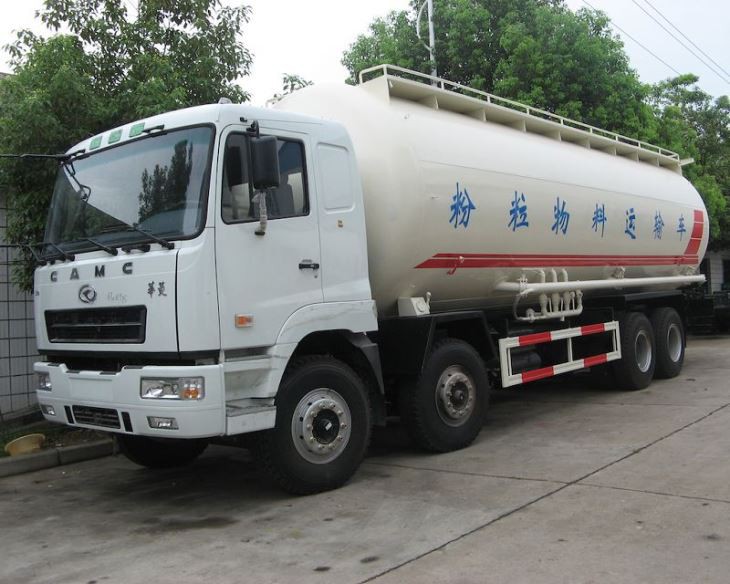
How does recycling impact garbage truck pickup?
Recycling can significantly reduce the volume of garbage collected, leading to lower waste management costs and reduced environmental impact. By segregating recyclables, residents help streamline the collection process and promote sustainability.

